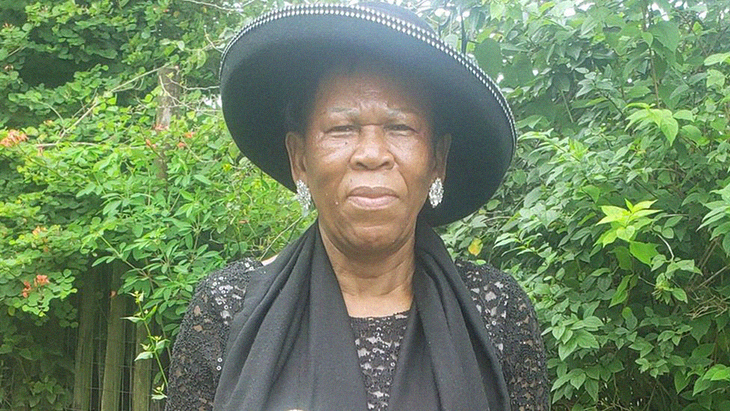There are always double standards in society. For decades, women have fought for equality and justice. Some have been triumphant while many, unfortunately, are still waiting for their day of reckoning. The future remains unknown for many yet.
Then, there are the black women who are experiencing the disparity even more. The balance in the law remains one-sided, but there are those ladies from South Africa who fought tooth and nail to make changes, and the good news is that they have managed to find justice.

Four brave women from South Africa fought tirelessly, and now, they have been successfully. This was their day as the law finally overturned a set of antiquated marriage laws that denied them access to equal property rights when they divorced their partner. This means that big changes are on the way, especially for those who are hoping for a better future.
Now, an estimated 400,000 elderly black women will gain equal access to matrimonial property. Credit must be given to Elizabeth Gumede, Thokozani Maphumulo, Matodzi Ramuhovhi, and Agnes Sithole, and of course, the Legal Resources Centre (LRC) in Durban.
Land ownership and property rights are vitally connected to the force and strength of a person’s of self-determination. This is particularly important for a class of women have been historically oppressed by society and the law. The elderly black women suffered years and years of injustice, but now, they can actually look forward to the silver lining.
In April, the Constitutional Court struck down an important piece of legislation in the country. The said legislation has been unfair as it discriminates against such women, the elderly black ladies. The Court ruled that a section of the Matrimonial Property Act 88 of 1984 is considered unconstitutional and invalid to the point that it maintains and perpetuates discrimination, especially to black couples who entered into the union before 1988. Because of this, many women were automatically denied access community property. Hence, divorced ladies oftentimes found themselves homeless and had to resort to living with friends and relatives.
The LRC represented Ms. Agnes Sithole and the Commission for Gender Equality during the hearing. The decision had rightfully vindicated the rights of approximately 400,000 elderly black women who were living in South Africa.
The case mentioned is the third in a trilogy of legal challenges raised bu the Legal Resources Centre in the cases Gumede, Ramuhovhi and Sithole. They have been challenging the laws for a long time now because those affected were part of a generation of black women who were born, raised, and married under the time of the apartheid. This was when the laws had actively prevented them access to freedom of movement, education, and the right to hold or own properties.
Because of such an injustice, the women bore the laborious and expensive work of applying to a court for redistribution of property if the marriage been terminated. Now, the court cases and the Recognition of Customary Marriages Act (RCMA) Amendment Bill that had recently been made by parliament overturns such type of discrimination.
In 2008, the LRC represented Ms. Gumede. She was married in 1968, a time when the country was governed by the apartheid-era law. The legal guidelines then stipulated that the husband had to be the owner of all family property. Her divorce would have left her at risk and without home or money at an old age.
In the year 2017, the LRC also represented Ms. Maphumulo. She had faced eviction from her home when her spouse had passed. On 2 March 2021, the RCMA Amendment Bill was passed by parliament to put the Gumede and Ramuhovhi orders into effect. The amendment guarantees that the default position for all customary marriages will be considered community of property. That is, unless the antenuptial contract stipulates the contradictory stance.
Finally, in the Sithole case, a 72-year-old housewife named Ms. Sithole, had faced judgment that “unpacks societal dynamics such as patriarchy, gender stereotyping, and inflexible application of oppressive cultural practices which perpetuates intersectional discriminatory consequences for black women.” This was according to what was said from the LRC.
The LRC has tirelessly fought for the plight and the financial freedom of the oppressed women in history. They had been given access to land and property because this is important to securing financial freedom, individual agency, and autonomy. The future women will finally be able to own and control land. Hence, this will give them power of self-determination. They will no longer be dependent on the man and more importantly, they will be able to participate meaningfully in the society that they live in.
It was explained, “The trilogy of cases have secured a community of property regime for black women, strengthening their right to security of tenure and financial freedom by ensuring that a husband and his wife/wives equally share the right of ownership and other rights to family property and house property without discrimination.”
What are your thoughts? Please comment below and share this news!
True Activist / Report a typo

